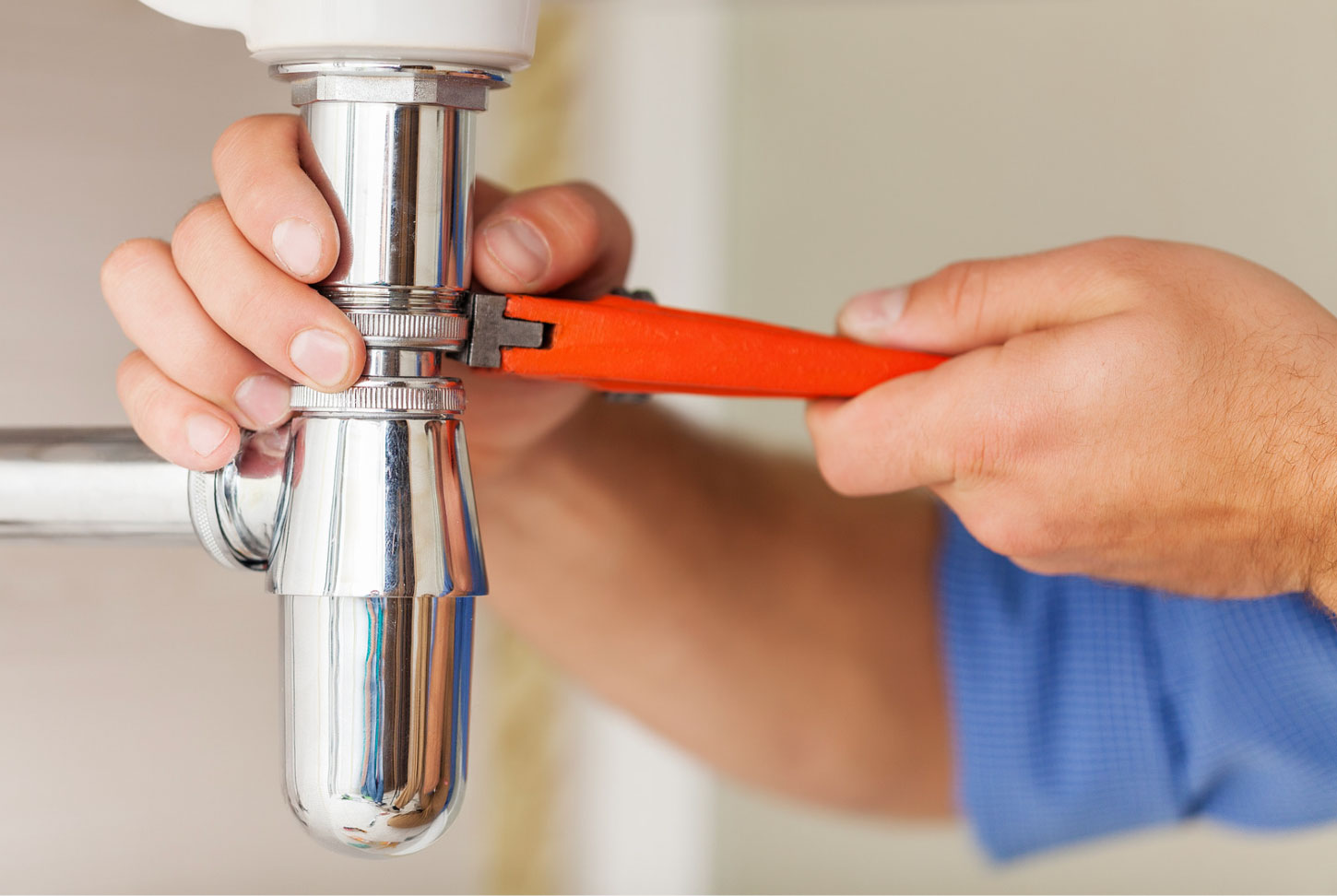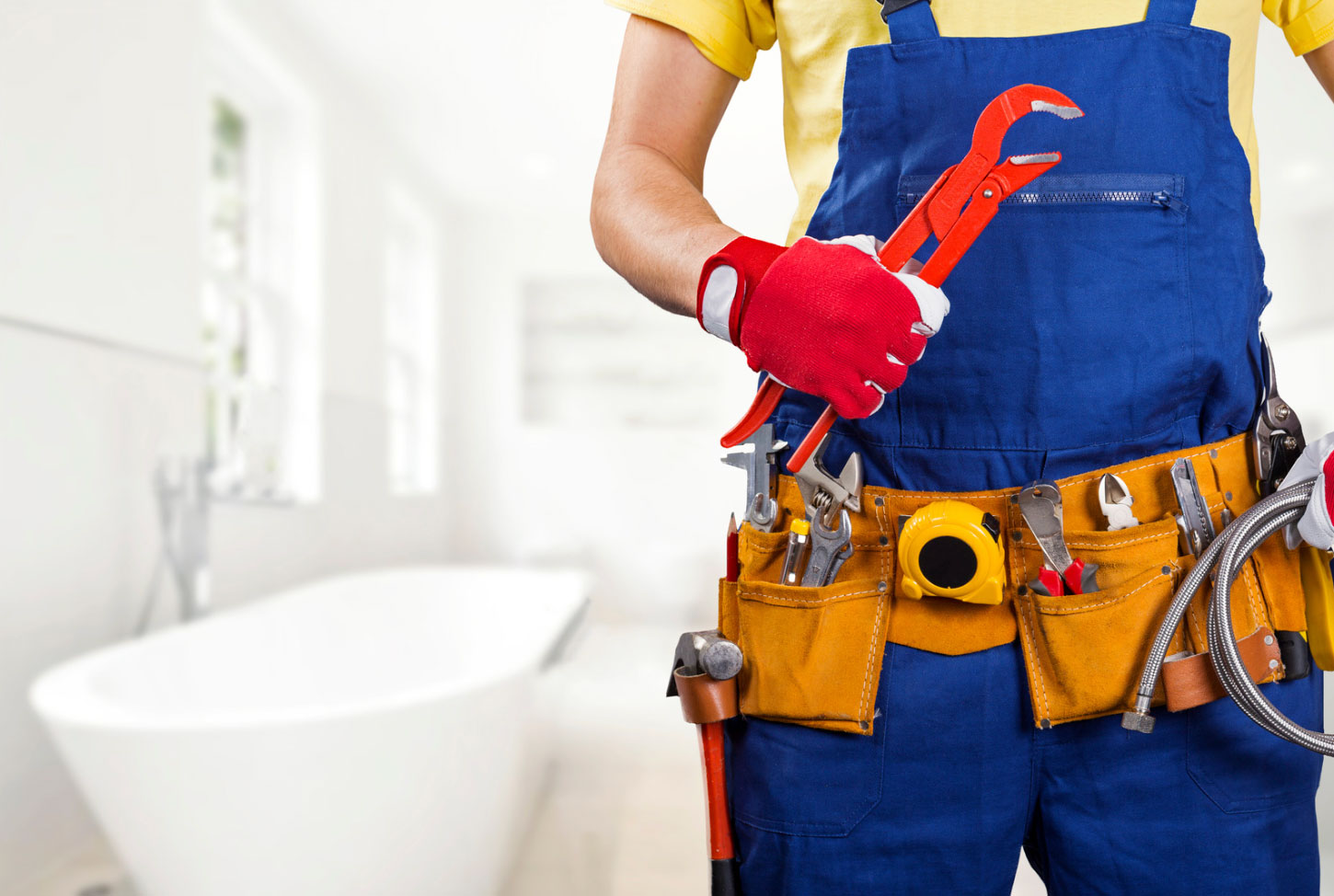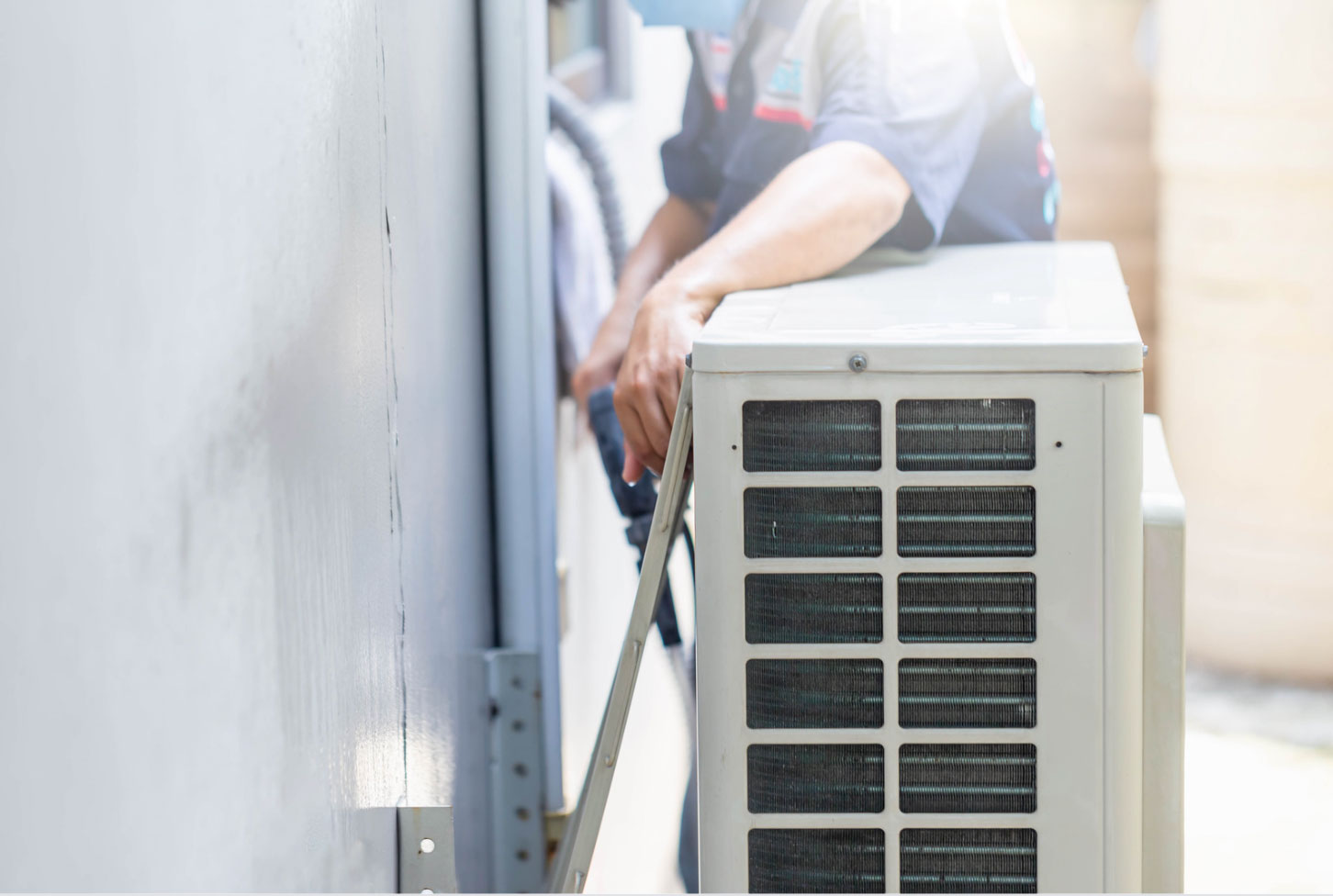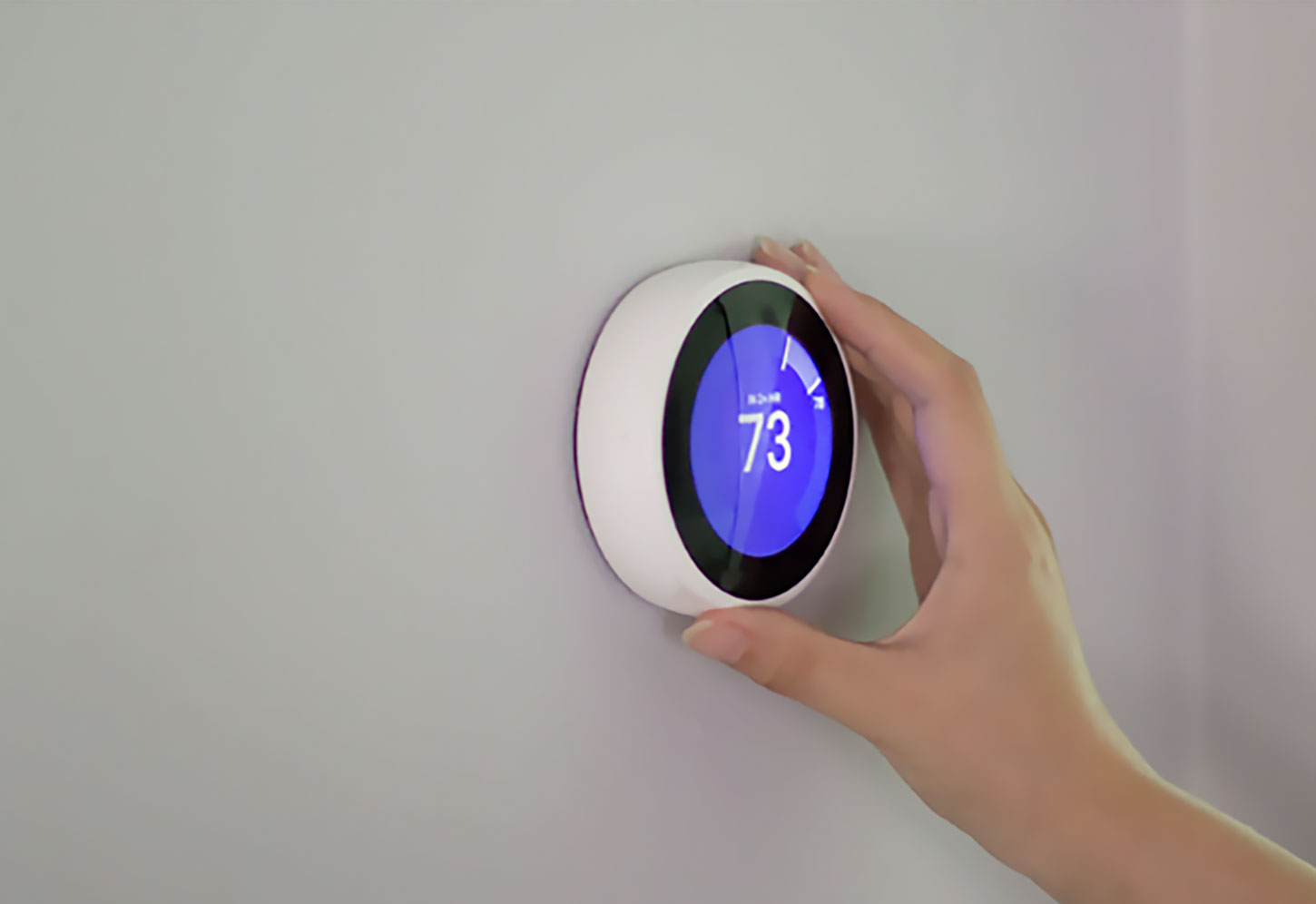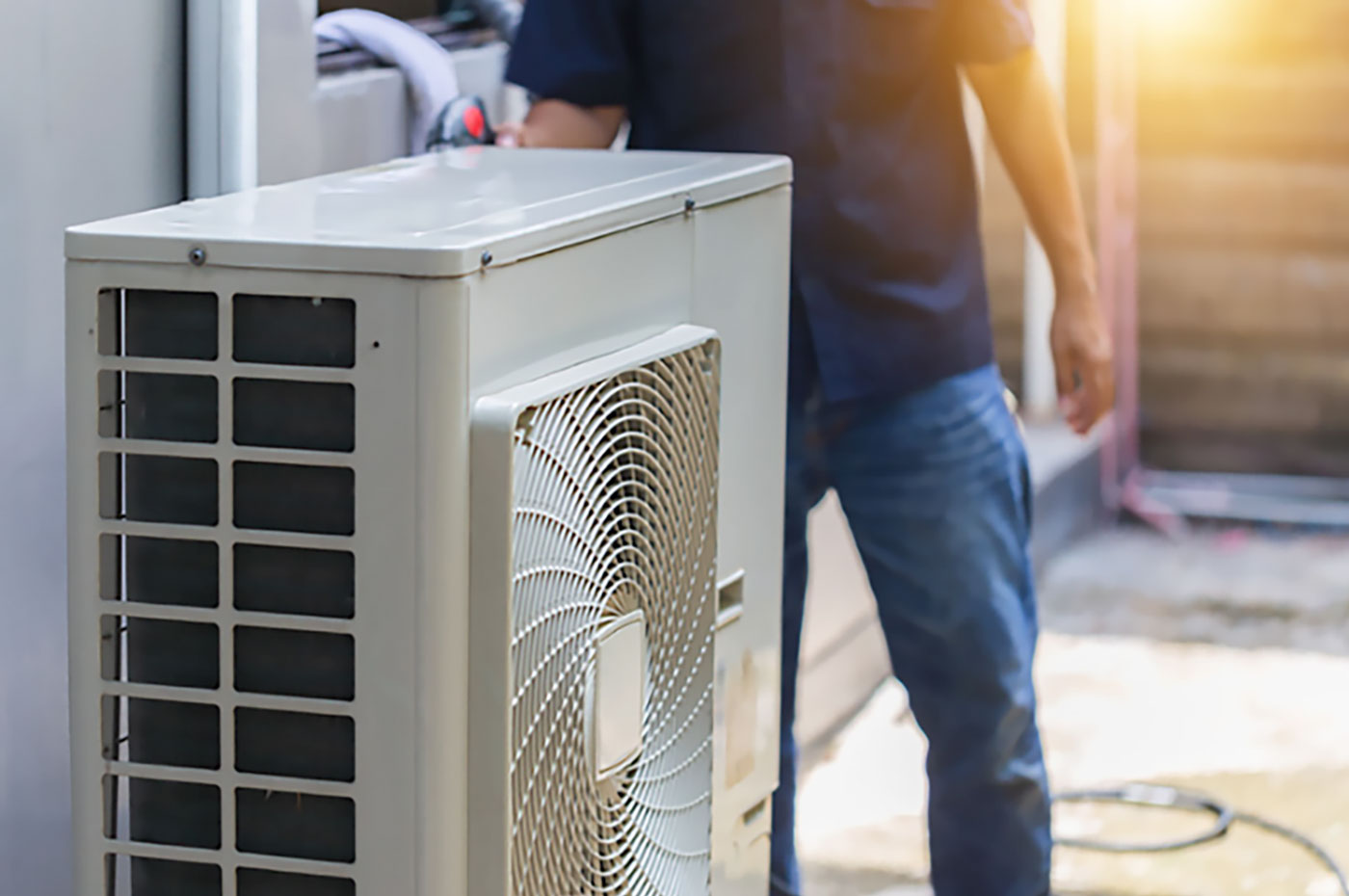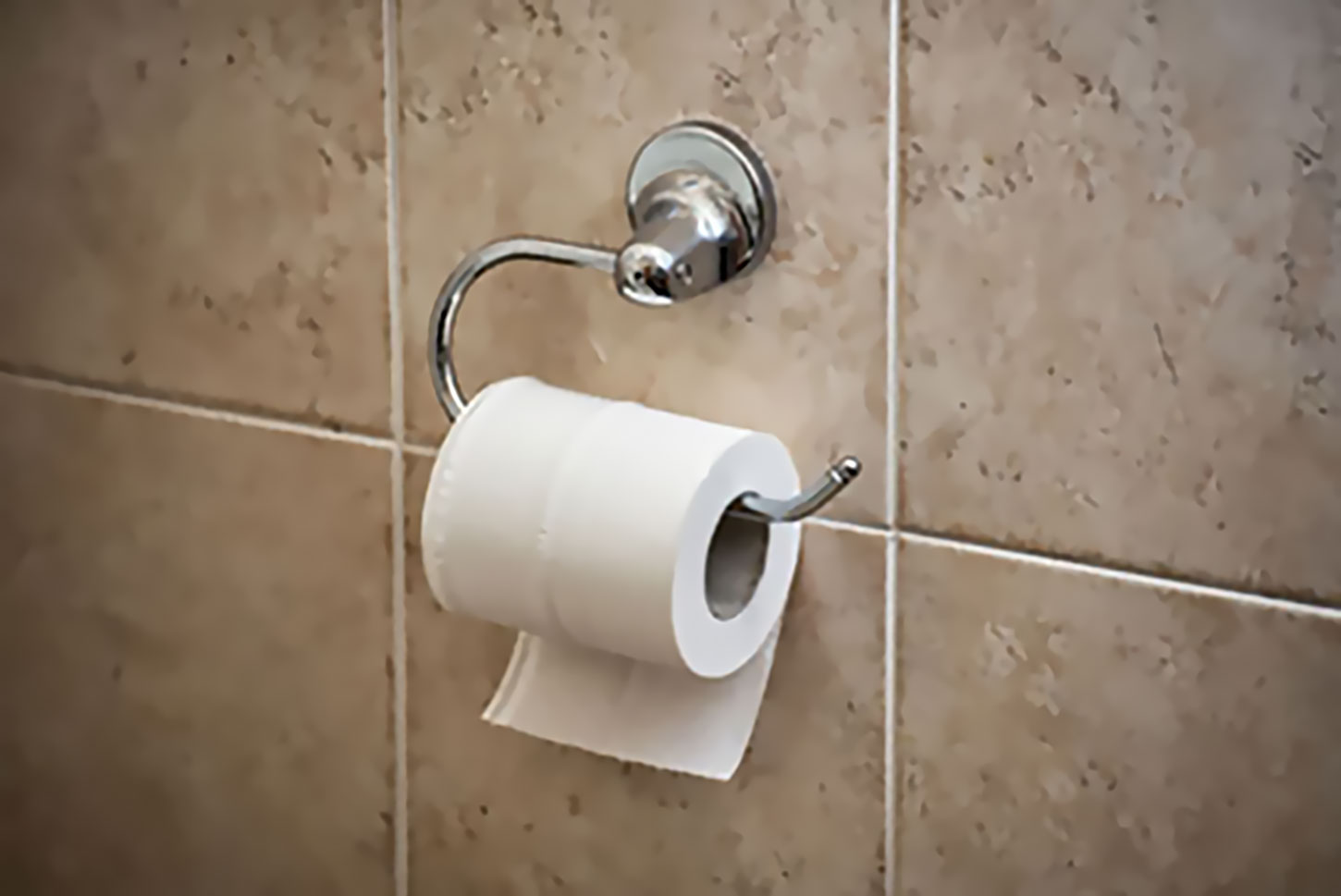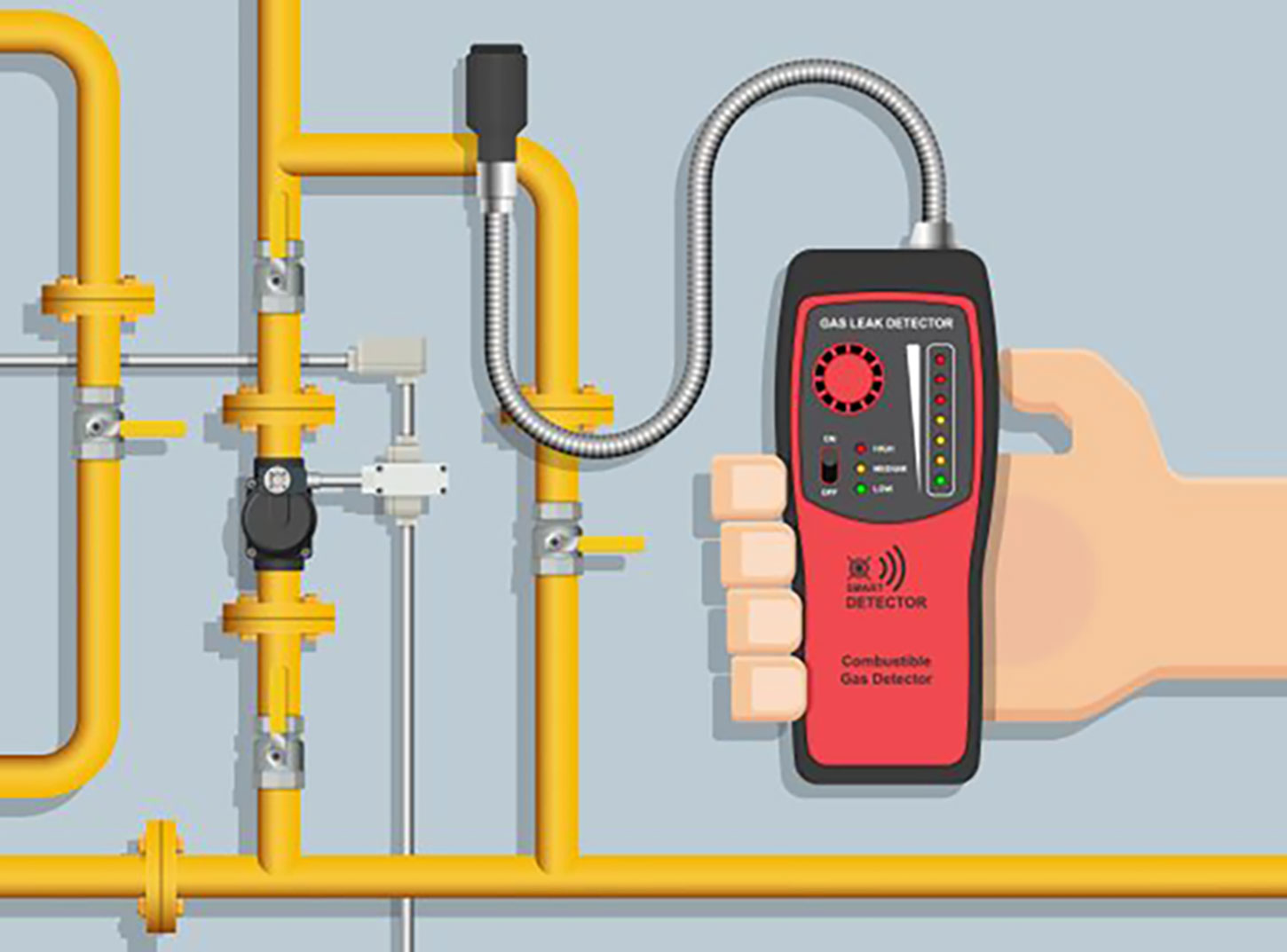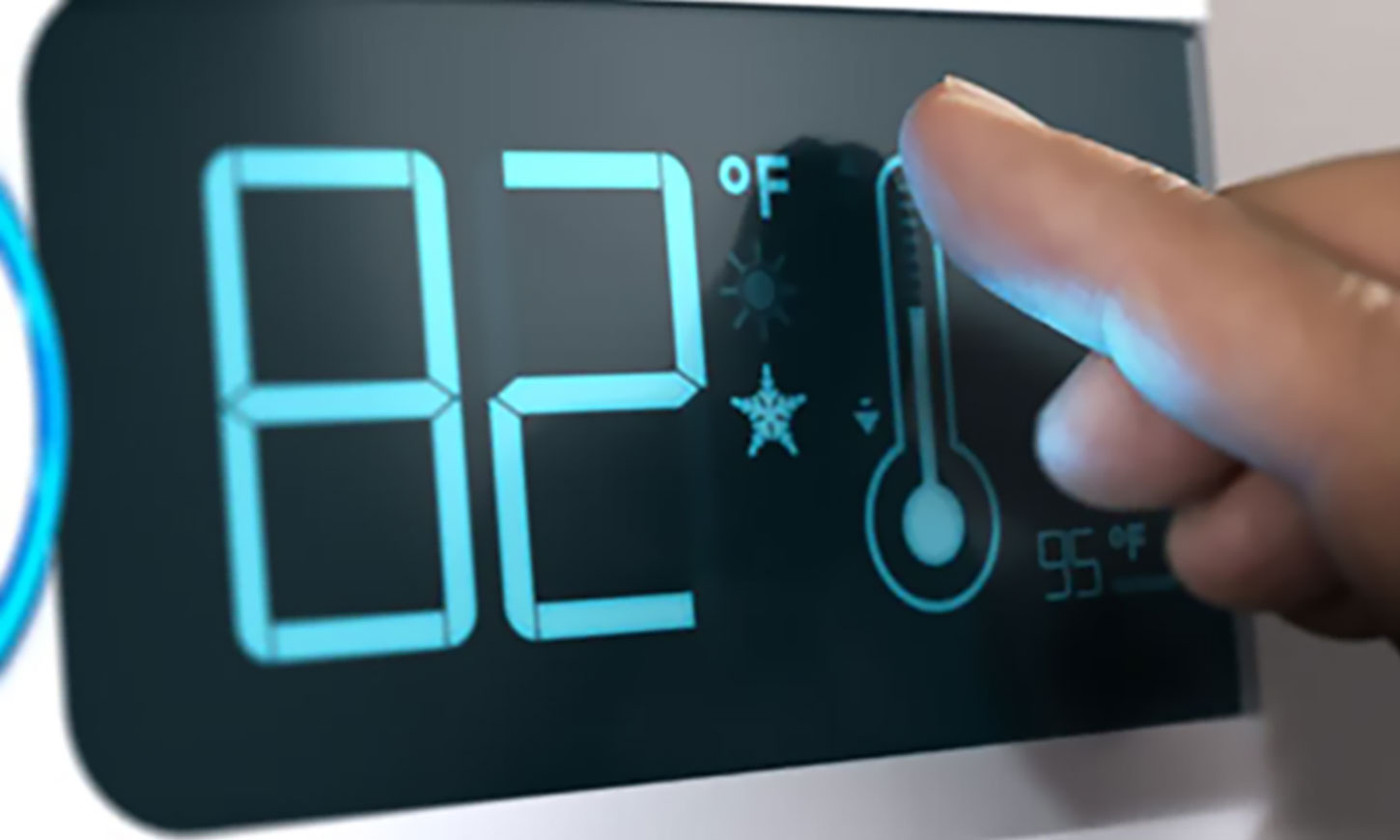
People say a tankless water heater is good for the planet and your wallet, so now you are toying with the idea of getting one.
You are probably doing research to find out whether this type of heater comes as advertised. After you collect your information, you will have to compare how well the water heater performs compared to a traditional model with an energy star rating.
You will have to calculate if the cost of buying and installing the heater will actually be recovered through energy savings. You will also have to learn about the trade-offs that you will have to accept when you install a tankless water heater.
It seems like you have quite a lot of data processing ahead of you. Or you could read this instead!
A tankless water heater uses powerful gas or electric heating elements to heat water right at the moment when it is needed, and not a moment before. This makes tankless heaters more energy efficient than traditional heaters.
That said, a prospective buyer should consider additional metrics to see if this type of heater is suitable for them. For example:
With a tankless water heater, a person can take a hot shower as soon as they flush the cold water out of the pipes.
However, most tankless heaters have a hard time sending hot water to multiple showers and faucets. Also, they often activate only when a faucet is completely (not partially) open. This can turn shaving into a really annoying experience.
Tankless water heaters last much longer than traditional models. Which is great, considering that they are more expensive than standard water heaters.
Tankless heaters give their owners a sizeable reduction in energy bills.
The tradeoff is that these kinds of heaters are not always capable of supplying hot water to multiple places at the same time. If two people are taking hot showers in two separate bathrooms, the heater will struggle to keep up.
Water heaters that have tanks do not have this shortcoming.
If the home is supplied with soft water, then a tankless water heater will occupy a really small amount of space.
If the water supply has lots of minerals, then the homeowner will have to install a bulky water softener to prevent mineral deposits from forming in the heater. That said, a traditional water heater will also need a water softener if it has to heat hard water.
A homeowner may have to reroute or add gas pipes if they choose to install a gas powered tankless heater. Luckily, electric tankless water heaters exist, and they allow a person to install a water heater without the hassle of redirecting gas lines, which is great.
Solar-powered water heaters are also great. Once a person installs the solar-powered heating system, they can enjoy a reliable supply of hot water and zero dollars’ worth of water-related utility bills.
Both traditional and tankless water heaters have their advantages and drawbacks. Given the information provided here, which qualities are a must-have in a water heater for you? Which ones are deal breakers?
If you want to find out more about tankless water heaters or their alternatives, reach out and talk to our expert.
Request an appointment here: https://jyplumbinghvac.com or call Jay Young Plumbing, Heating and Air Conditioning at (806) 783-8318 for an appointment in our Lubbock office.
Check out what others are saying about our services on Yelp: Read our Yelp reviews.
Related Posts
Why choose us?



